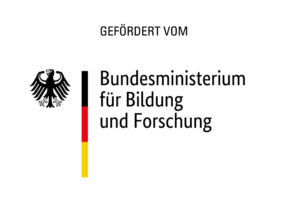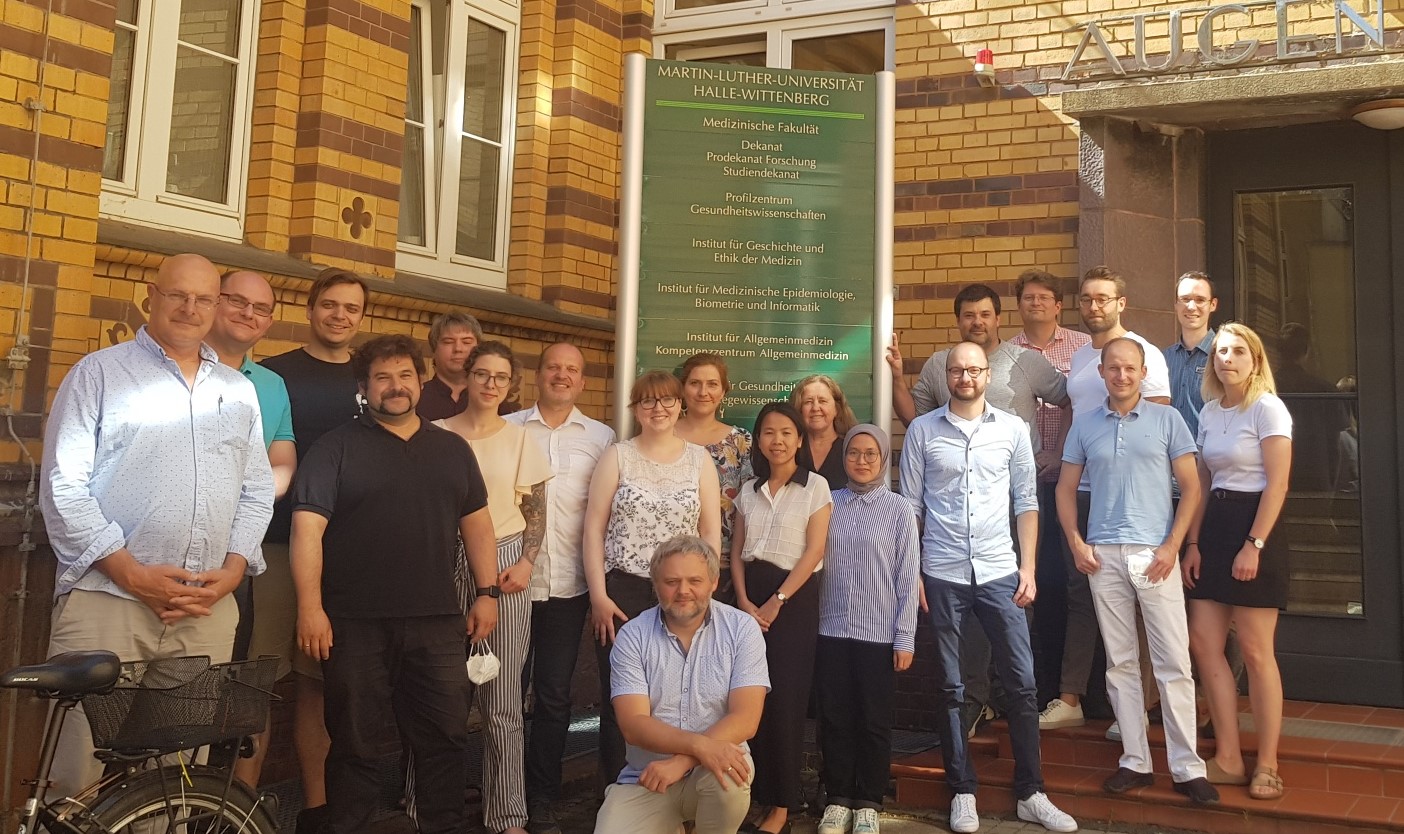Optimal control of the epidemic under heterogeneity conditions - decision making perspective on agent based modelling
The SARS-CoV-2 pandemic poses an unprecedented challenge to society and policy-making. Therefore, OptimAgent scientists aim to develop an agent-based model to support public health decision-making processes that can evaluate a wide range of infection control interventions.
The focus of the project is to analyze the impact of heterogeneity in the population in Germany and of their interaction on the course of infections.
OptimAgent entails six connected subprojects and a project team from 13 different institutions, all working together to achieve the central goal.
OptimAgent progress
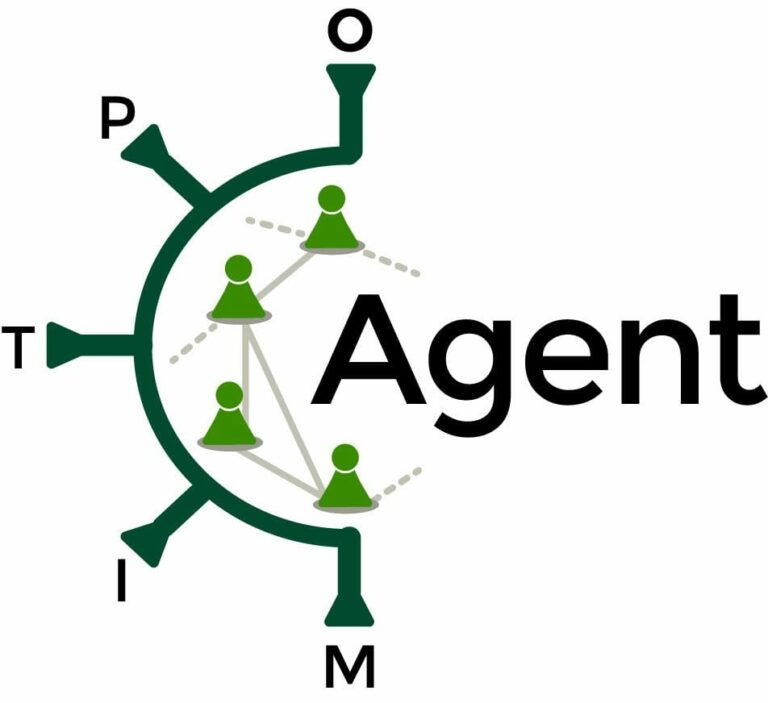
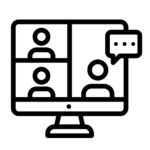
Presentation of the project participants and initial organisation planning
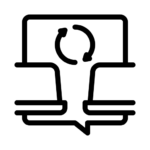
Start of monthly project meetings with all project participants
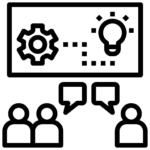
Meeting of the participating scientists from the subprojects and development of the model concept

Meeting of the participating scientists from subproject 5

Meeting of the participating scientists from subproject 4 and 5
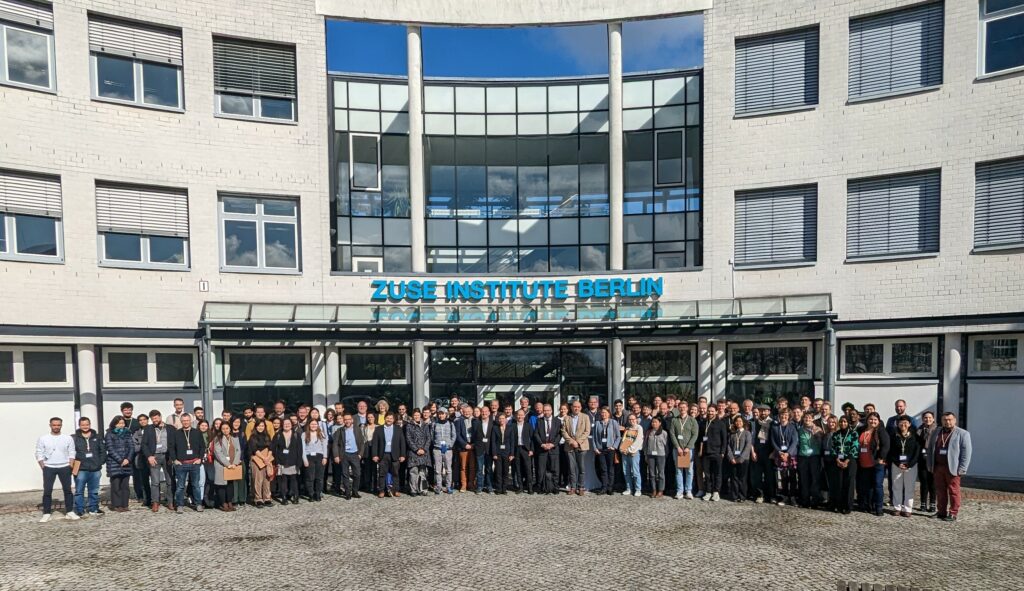
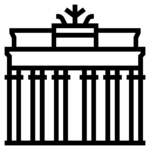
In a themed panel, OptimAgent participants Tyll Krüger and Berit Lange, among others, reflected on the German and Polish experiences during the pandemic and discussed best practice examples for communicating dynamic models to decision-makers.

Meeting of the participating scientists from subproject 1 and 5

Presentation of the project progress and intensive feedback session with all members of the SAB
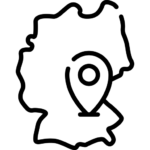
Participation and presentation of the project by OptimAgent scientists and co-organisation of a workshop "How to ensure and measure public health impact of modelling of infectious disease dynamics"
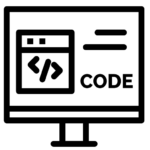
Meeting of the participating scientists from subproject 5 with coding and modeling sessions
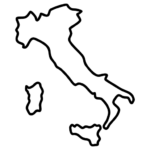
Participation and presentation of the project by OptimAgent scientists of subproject 1
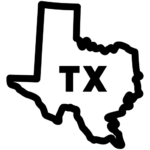
Participation and presentation of the project by OptimAgent scientists from the subproject 5

Meeting of the participating scientists from subproject 6 and planning of further online meetings with decision-makers

Internal meeting of all OptimAgent researchers with first GEMS tutorial
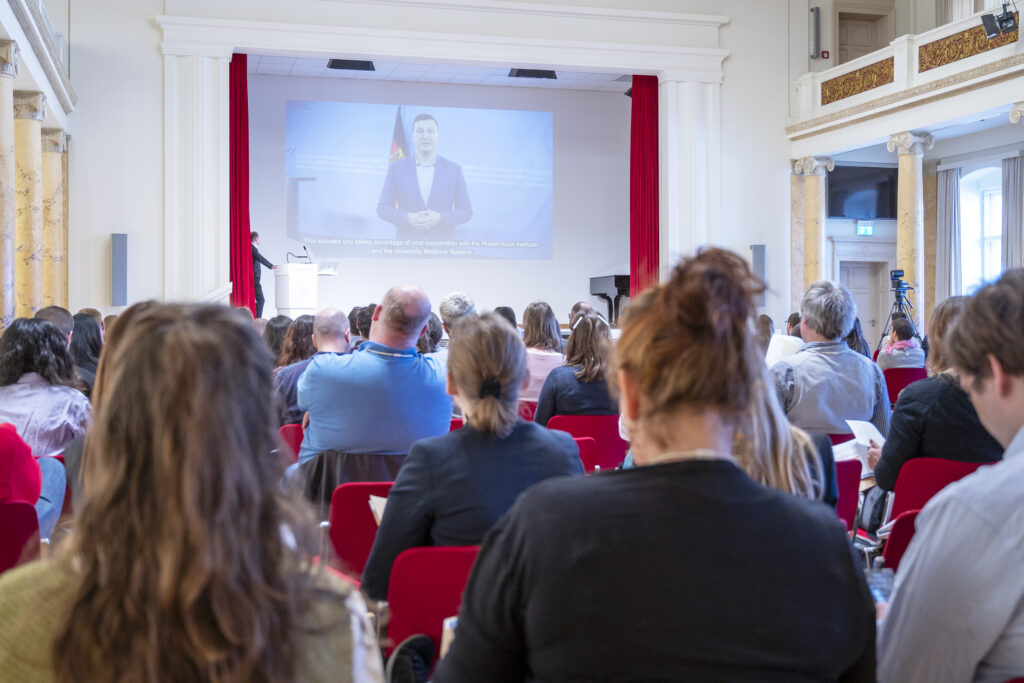
News
Here you can find the latest updates and news from our modeling network.
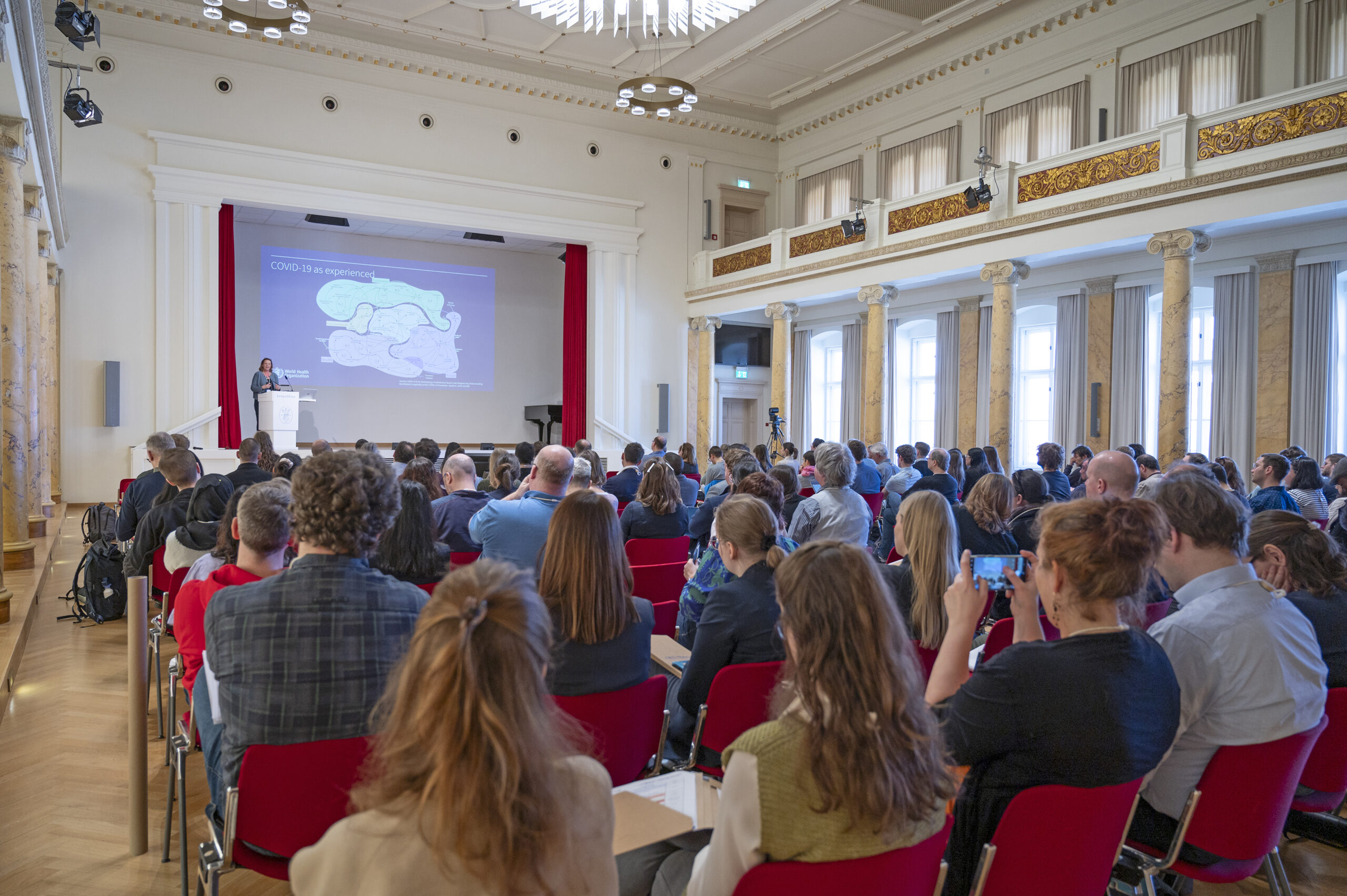
OptimAgent as member of the Modeling Network for Severe Infectious Diseases (MONID) visits the Leopoldina
The German National Academy of Sciences, Leopoldina, hosted the “2nd National Conference on Infectious Disease Modeling”, which brought together over 150 national and international experts, including around 40 OptimAgent participants, in Halle (Saale) to further strengthen and expand modeling expertise in the fight against infectious diseases in Germany and beyond. The BMBF-funded Modeling Network for Severe Infectious Diseases (MONID), including OptimAgent, reflects with gratification on three days of exciting panel discussions, intensive talks and presentations
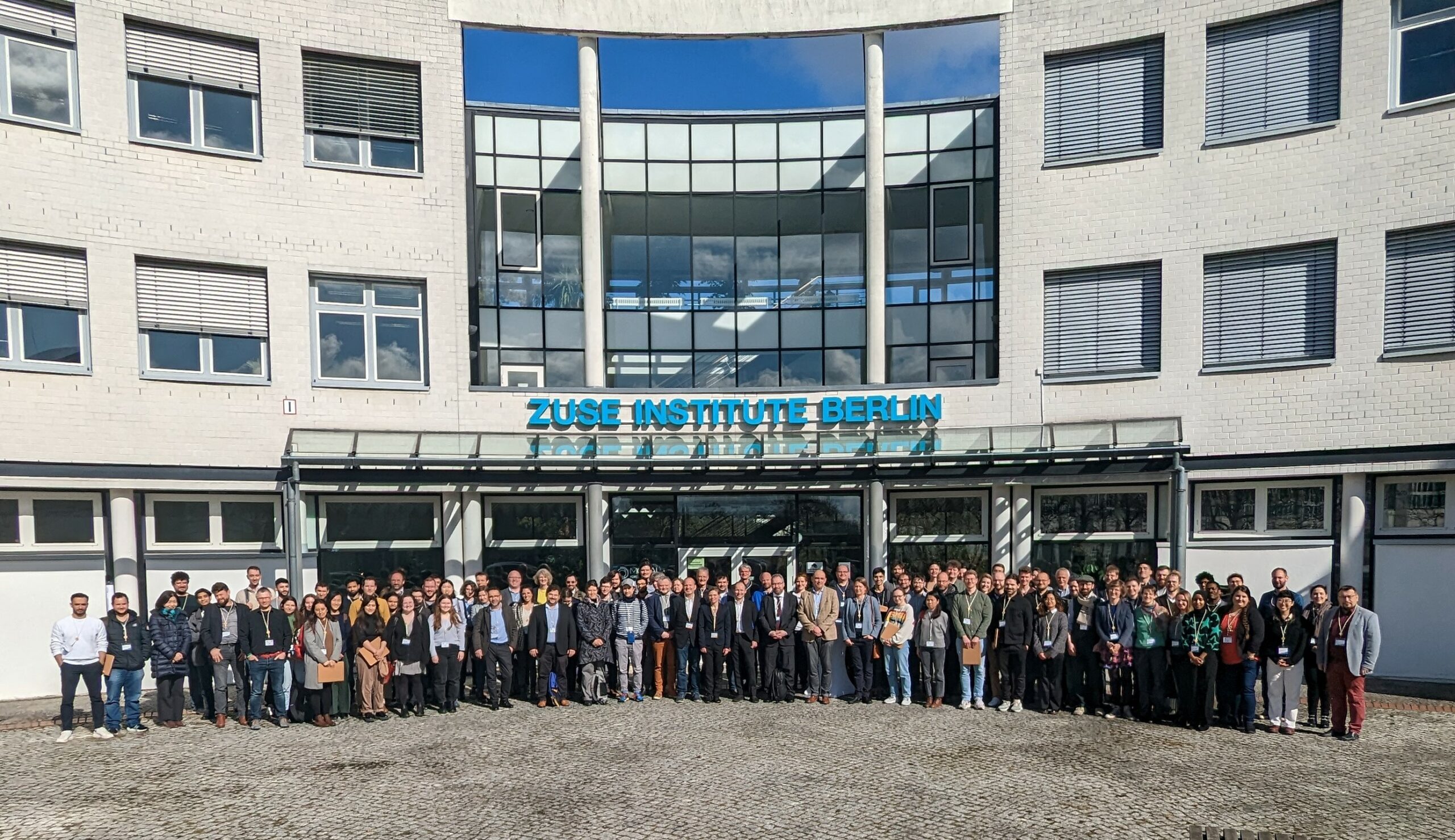
OptimAgent is part of the 1st National Conference on Infectious Disease Modeling in Berlin
At the 1st National Conference on Infectious Disease Modeling, more than 100 national and international scientists gathered for the first time in Berlin to jointly promote the strengthening of modeling competence in Germany. From March 15 to 17, 2023, over 100 modelers, including all OptimAgent partners, met at the Zuse Institute Berlin to present their projects at the 1st annual meeting of the Modeling Network for Severe Infectious Diseases (MONID). Furthermore, the scientists exchanged their
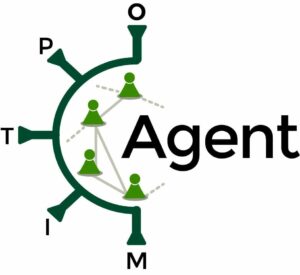
OptimAgent
OptimAgent, funded by the BMBF (Federal Ministry of Education and Research), is organized into the stages “Conceptualization”, “Development & Analysis” and “Application” and includes six interlinked subprojects. The heart of the project is subproject 5, which combines the work of all other subprojects to develop an agent-based model.
All results and publications resulting from OptimAgent can be found here.
Subproject 1
Subproject 1 examines heterogeneity in contact behavior and compliance with nonpharmaceutical interventions and their impact on transmission patterns in the population.
Subproject 2
Subproject 2 focuses on psychosocial aspects that influence health behavior and creates a module for generating artificial populations.
Subproject 3
Subproject 3 develops a principled approach to derive time- and space-resolved epidemiological parameters from various data sources.
Subproject 4
Subproject 4 creates a tool for generating representative scenario populations for epidemiological models.
Subproject 5
Subproject 5 will develop an agent-based reference model for Germany that integrates work from subprojects 1-4 and 6 and enables the simulation of complex scenarios.
Subproject 6
Subproject 6 creates a decision analytic module that estimates effectiveness and efficiency of alternative non-pharmaceutical interventions.
Network partners

Scientists from the following institutions are involved in the OptimAgent modeling network:
- Martin Luther University Halle-Wittenberg
- University Münster
- Helmholtz-Centre for Infection Research
- University of Kaiserslautern-Landau
- Freie Universität Berlin
- University Trier
- Bielefeld University
- University Leipzig
- University of Lübeck
- University Medical Center Utrecht
- Wroclaw University of Science and Technology
- UMIT Tirol – Private University for Health Sciences and Health Technology
- NET CHECK
Icons in timeline by Irfansusanto20, pikepicture, Mohamed Mbarki, Anditii Creative, GOWI, flatart_icons, noomtah on Freepik
